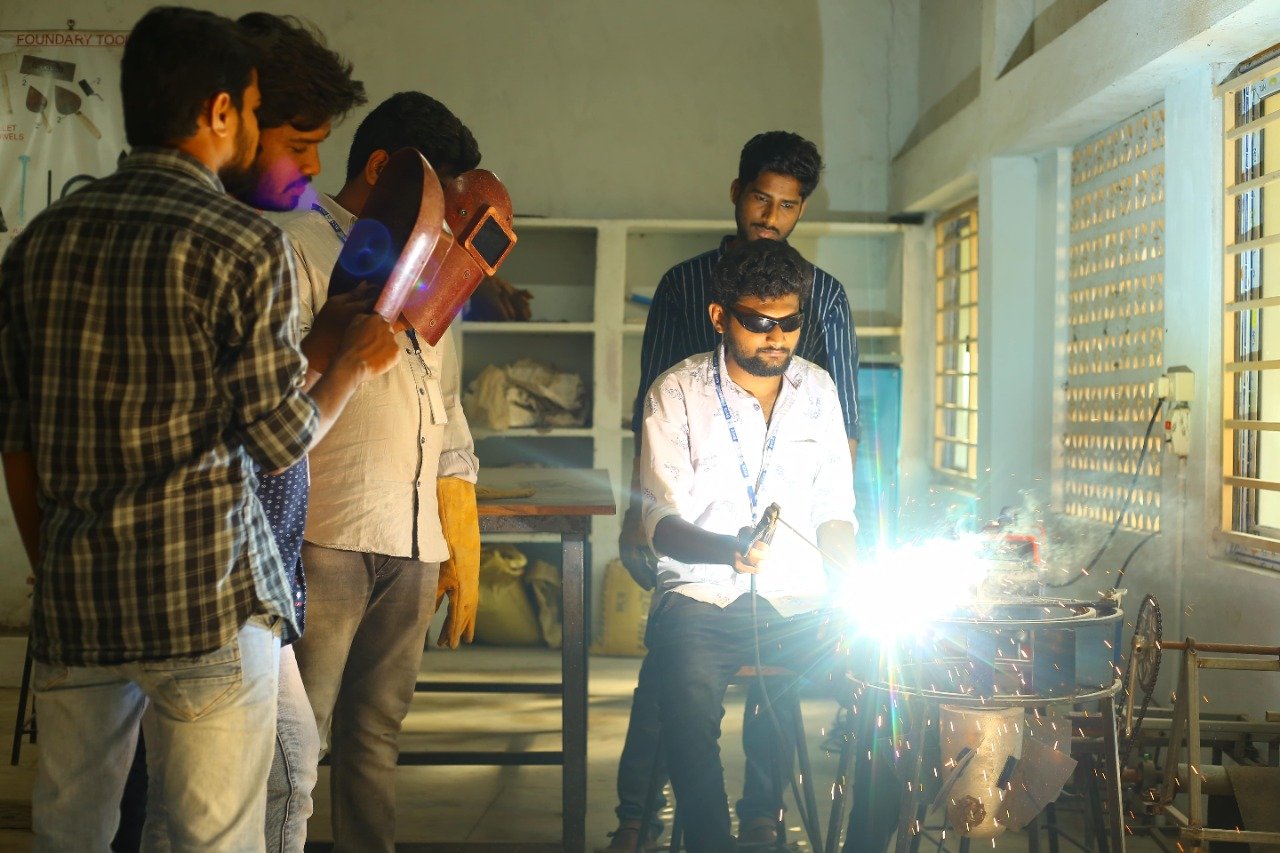PEO, PO, PSO’s
May 5, 2022 2022-05-05 18:49PEO, PO, PSO’s
Mechanical Engineering

PEOs
PROGRAM EDUCATIONAL OBJECTIVES :
- Design and develop technically sound, economically feasible and socially acceptable Mechanical Engineering systems to enhance quality of life
- Apply modern tools and techniques to address the challenges faced in Mechanical and allied fields of engineering
- Exhibit professionalism, ethical attitude and demonstrate entrepreneurial skills to achieve individual and organizational goals
POs
PROGRAM OUTCOMES :
Engineering Graduates will be able to:
- Engineering Knowledge: apply the knowledge of mathematics, science, engineering fundamentals, and an engineering specialization to the solution of complex engineering problems.
- Problem Analysis: Identify formulate, review research literature, and analyze complex engineering problems reaching substantiated conclusions using first principles of mathematics, natural sciences and engineering sciences.
- Design and Development of Solutions: design solutions for complex engineering problems and design system components or processes that meet the satisfied needs with appropriate consideration for the public health and safety, the cultural, societal, and environmental considerations.
- Conduct investigations of Complex problems: use research-based knowledge and research methods including design of experiments, analysis and interpretation of data, and synthesis of the information to provide valid conclusions.
- Modern tool usage: create, select and apply appropriate techniques, resources, and modern engineering and IT tools including prediction and modeling to complex engineering activities with an understanding of the limitations.
- The Engineer and Society: apply reasoning informed by the contextual knowledge to assess societal, health, safety, legal and cultural issues and the consequent responsibilities relevant to the professional engineering practice.
- Environment and Sustainability: understand the impact of the professional engineering solutions in societal and environmental contexts, and demonstrate the knowledge of, and need for sustainable development.
- Ethics: apply ethical principles and commit to professional ethics and responsibilities and norms of the engineering practice
- Individual and Team work: function effectively as an individual, and as a member or leader in diverse teams, and in multidisciplinary settings
- Communication: Communicate effectively on complex engineering activities with the engineering community and with society at large, such as, being able to comprehend and write effective reports and design documentation, make effective presentations, and give and receive clear instructions.
- Project Management and Finance: Demonstrate knowledge and understanding of the engineering and management principles and apply these to one’s own work, as a member and leader in a term, to manage projects and in multidisciplinary environments.
- Life-long learning: Recognize the need for, and have the preparation and ability to engage in independent and life-long learning in the broadcast context of technological change.
PSOs
PROGRAM SPECIFIC OUTCOMES:
Professional Skills: Students shall have employable skills in three core streams i.e. Design Engineering, Thermal & Fluid Engineering and Manufacturing Engineering.
Local needs: Design and develop systems meeting rural and agricultural needs with an emphasis on Coconut Farming, Paddy Cultivation and Aqua – culture.

